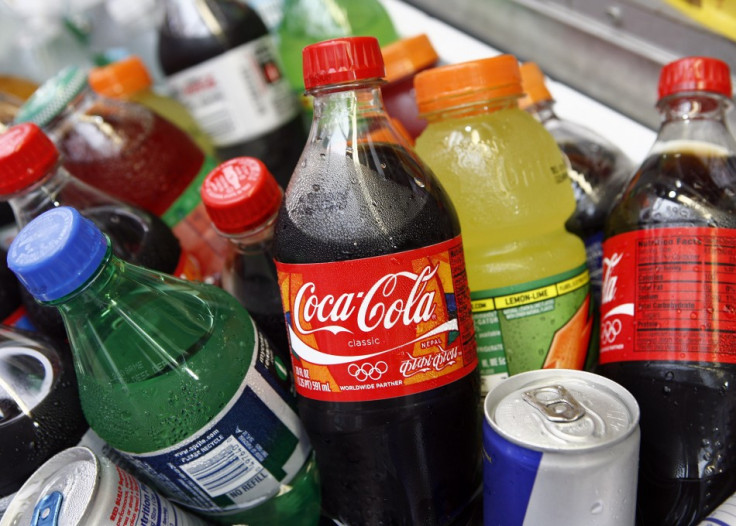The brain creates the same fruit sugars that are fuelling the obesity crisis
Fructose has been linked to conditions including diabetes, obesity, cancer and liver disease.

A small-scale study has found that the human brain is capable of generating fructose, which has been linked to increased appetite and obesity in high-fructose corn syrup.
MRI scans of the brain and blood sugar analysis of eight volunteers suggested that glucose was being converted to fructose in the brain, according to a paper in the journal JCI Insight. When the study participants were given a high-glucose infusions over the course of four hours, their fructose levels increased in the brain after half an hour, but not in the main bloodstream.
This, the authors say, suggests that the brain acts as a site of conversion of glucose to fructose. This activity appeared to be boosted when glucose intake was high. Animals such as dogs have been shown to create fructose in the brain, but this had not been observed in humans before.
"In this study, we show for the first time that fructose can be produced in the human brain," said study author Janice Hwang of Yale University in a statement.
Fructose is about twice as sweet as sucrose, which makes up the majority of the sugar in the human diet. It has been identified as a potential driver of ongoing obesity and diabetes epidemics. Animal studies have shown that fructose boosts rodents' appetites, but glucose doesn't. It has also been linked to non-alcoholic fatty liver disease, heart disease and cancer.
It had been assumed that fructose acts on the brain to stimulate appetite by crossing over the blood-brain barrier after being digested. The new study suggests that the brain itself can create fructose from glucose, showing that fructose in the diet is not the only important factor for its action on the brain.
"By showing that fructose in the brain is not simply due to dietary consumption of fructose, we've shown fructose can be generated from any sugar you eat," said Hwang. "It adds another dimension into understanding fructose's effects on the brain."
The study was small but acts as proof-of-concept that the human brain can generate fructose, the authors write in the paper. Further research could reveal the relationship of fructose and "disordered eating behaviour and disordered cognition in patients with diabetes", they write.
© Copyright IBTimes 2025. All rights reserved.






















